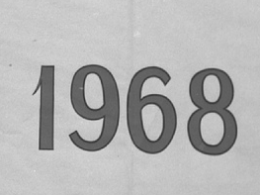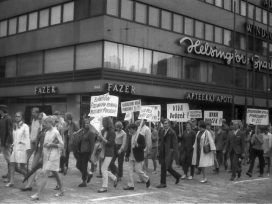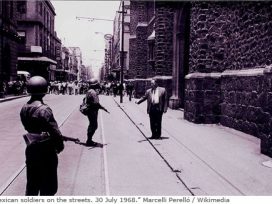Pluralism by default
Ukraine and the law of communicating vessels
Ukraine’s pro-western government coalition has collapsed after only one year. Viktor Yushchenko’s victory in the elections in September 2007, called after the pro-Russian “parliamentary coup”, represented an opportunity for the gradual improvement of democratic institutions, writes Mykola Riabchuk. The latest crisis is yet another symptom of the political “pluralism by default” that undermines Ukraine’s long-term democratic consolidation.



